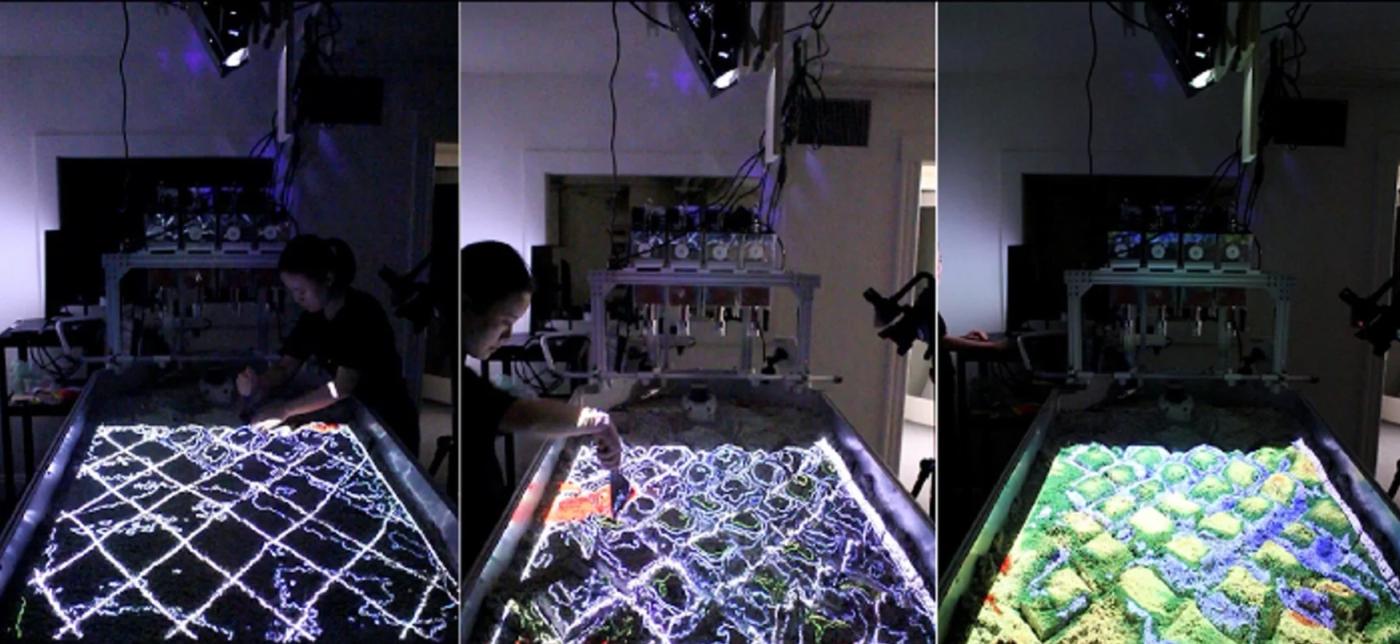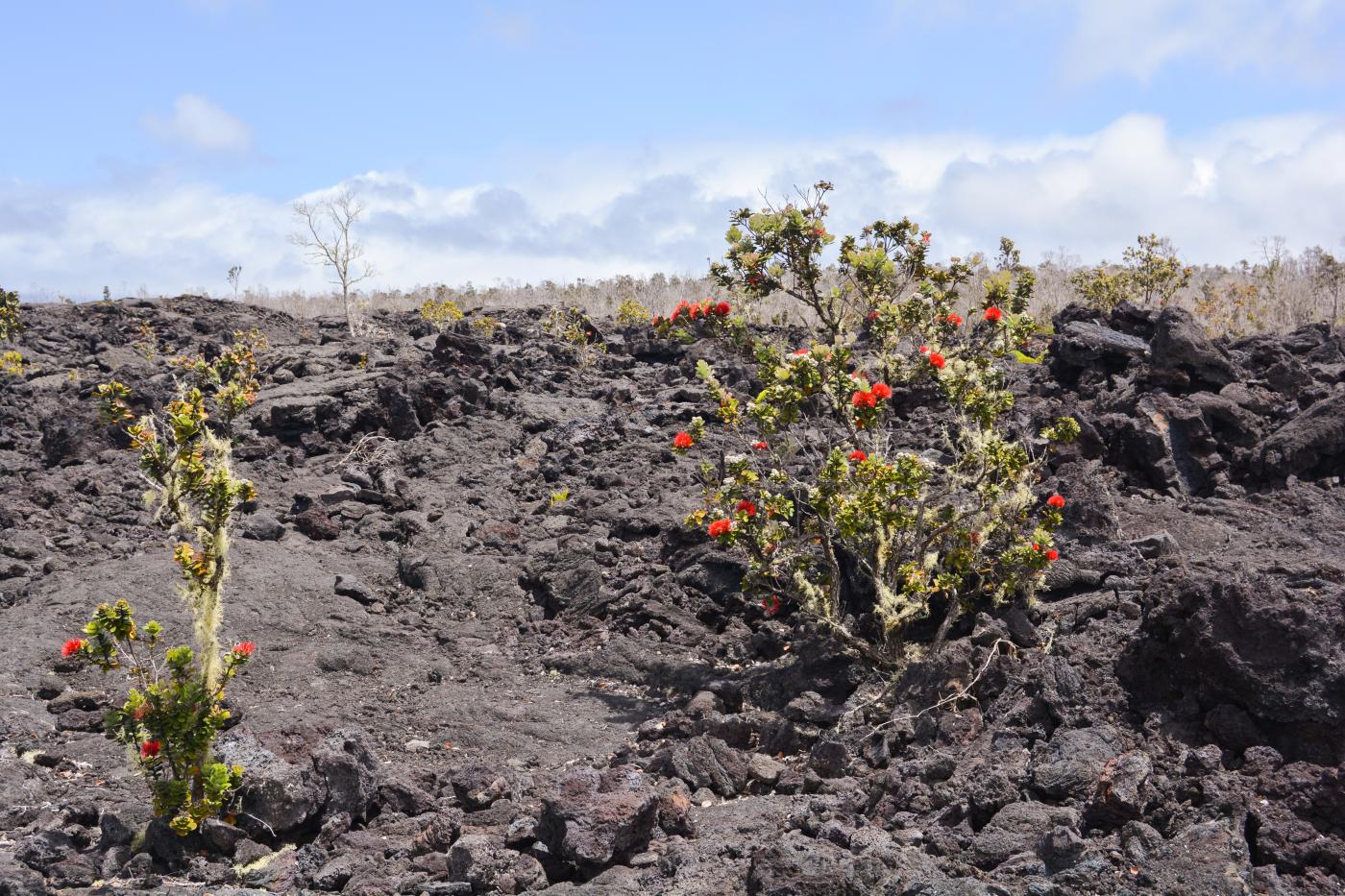
Four New PhDs Advance the Future of the Constructed Environment
|
Image

|
Image

|
Image

|
Image

|
The UVA School of Architecture proudly celebrates the recent successful dissertation defenses of James Barnes, Luka Hamel-Serenity, Xun Liu, and William Shivers, marking a significant moment for the PhD in the Constructed Environment (PhD in the CE) program. Their accomplishments reflect the excellence and interdisciplinary strength that have defined the PhD in the CE program since its founding a decade ago. With more than half of its graduates securing tenure-track academic positions, in addition to postdoctoral, consulting, and government positions, the program has distinguished itself in the field of doctoral design research.
The PhD in the Constructed Environment program fosters multidisciplinary scholarly inquiry that challenges conventional boundaries. Students pursue questions across scales and disciplines, forging vital connections between the humanities, design, the natural and social sciences, and emerging fields such as data science.
Reflecting on the accomplishments of our school's newly minted PhDs, Professor Shiqiao Li, Director of the PhD in the CE program, shared:
“The successful dissertation defenses of James, Luka, Xun, and William highlight the continued successes of our PhD graduates; they demonstrate the high caliber of our PhD students and candidates and the importance of interdisciplinary research in the school. Their cutting-edge research projects will significantly advance knowledge and design, and their successful careers at peer institutions of higher education around the globe will contribute to the reputation of UVA School of Architecture. I am proud of their achievements.”
Learn more about the research contributions and career tracks of our recent PhDs:
James Barnes, PhD
Socio-Ecological Investigations of Biophilic Tactical Urbanism in Learning Environments
Primary Advisor: Jenny Roe
|
Image

|
Image

|
| The pop-up nature preserve at Harrisonburg's Keister Elementary School was created by James Barnes as part of his doctoral research to help improve mental health and learning for students, September 27, 2023. Photos: Dan Addison, University Communications | |
Research Focus:
James Barnes investigates Biophilic Tactical Urbanism (BTU)—temporary, low-cost biodiversity interventions—as a transdisciplinary tool to interrogate human/non-human interactions in the built environment, particularly public schools. His dissertation work involved 1:1 design/build/grow installations with Keister Elementary School in Harrisonburg, VA.
Next Steps:
Assistant Research Professor, NC State University College of Design
Selected Acheivements:
Barnes' research has been published in peer-reviewed journals including the Journal of Digital Landscape Architecture, ACADIA (Association for Computer-Aided Design in Architecture), and Divergence in Architectural Research. He has received national fellowships from The Honor Society of Phi Kappa Phi, The U.S. Geological Survey, The National Audubon Society, and Phipps Conservatory and Botanical Gardens.
Luka Hamel-Serenity, PhD
Coastal Climate Resilience through the Racialized Redistribution System: The Uneven Effects of Racial Capital on Adaptation and Place Attachment in Norfolk, VA
Primary Advisor: Barbara Brown Wilson
|
Image

|
| Marshes near Mason Creek, Norfolk, VA. 2024. Photo: Luka Hamel-Serenity |
Research Focus:
Luka Hamel-Serenity’s research explores how sea level rise, urban planning, and racial capitalism intersect to drive repeated cycles of displacement in Norfolk, Virginia. Adapting ecological resilience theory, he models how minoritized communities experience continuous loss of capital through both historic and contemporary planning policies. His work highlights how place attachment among residents extends beyond environmental concerns to broader struggles over community identity and survival.
Next Steps:
Assistant Professor, Tenure Track, Hampton University
Selected Achievements:
2024 Environmental Futures Fellowship, UVA Environmental Institute
Xun Liu, PhD
AI+ Landscapes: Deep Learning in the Generation and Analysis of Landscape Form
Primary Advisor: Bradley Cantrell
|
Image

|
| Photo: Xun Liu |
Research Focus:
Xun Liu explores how Deep Learning (DL) technologies are reshaping landscape architecture by enabling new ways of generating, analyzing, and reimagining landscape forms. Her dissertation bridges concepts of data, imaging, time, simulation, and the meanings of landscape forms, aligning DL capabilities with the challenges of designing within complex ecological and social systems. The study also includes three collaborative experimental projects—on streetscapes, planting design, and design communication—highlighting both the creative and scientific potentials of AI while addressing its limitations and biases.
Next Steps:
Assistant Professor, Tenure Track, School of Architecture and Landscape Architecture, University of British Columbia
Selected Achievements:
Xun Liu's work has been published in the Journal of Digital Landscape Architecture, Landscape and Urban Planning, and Landscape Architecture Frontiers, and exhibited at the Venice Architecture Biennale and the Shenzhen-Hong Kong Bi-City Biennale. She regularly lectures and hosts workshops on AI-powered design, computational workflows, and responsive technologies.
William Shivers, PhD
The Tree at the Center: Reconstructing Landscape History and Analysis in the American Landscape's Periphery
Primary Advisor: Michael Lee

Research Focus:
For the United States, its natural identity is its national identity. William Shivers' dissertation addresses the limitations of landscape history and analysis in the American periphery. Power structures and rigid, myopic narratives are shaped around the creation, expansion, and maintenance of the American landscape. Focusing on Hawaii, a biography of landscape is produced using culturally and ecologically significant tree species, thus offering an expanded means of understanding and criticism around America’s infatuation with its landscape, its frontiers, and its projection. Shivers' research thickens the understanding of critically understudied threads of US development, highlighting the ability of landscape architecture as a discipline to serve as a leader in generating new knowledge.
Next Steps:
Assistant Professor of Landscape Architecture, Tenure Track, University of Hong Kong
Selected Achievements:
Shivers is the recipient of the UVA Center for Global Inquiry and Innovation Grant and the UVA Arts, Humanities, and Social Sciences Summer Research Grant. His work has been featured in Landscape Architecture Frontiers, Landscape Architecture Magazine, and Places Journal. From 2023–2024, he was Visiting Assistant Professor at Auburn University.
We extend our warm congratulations to James, Luka, Xun, and William. Their dedication and scholarship continue to enrich the constructed environment, and their work will have an enduring impact across academia, research, and practice.


